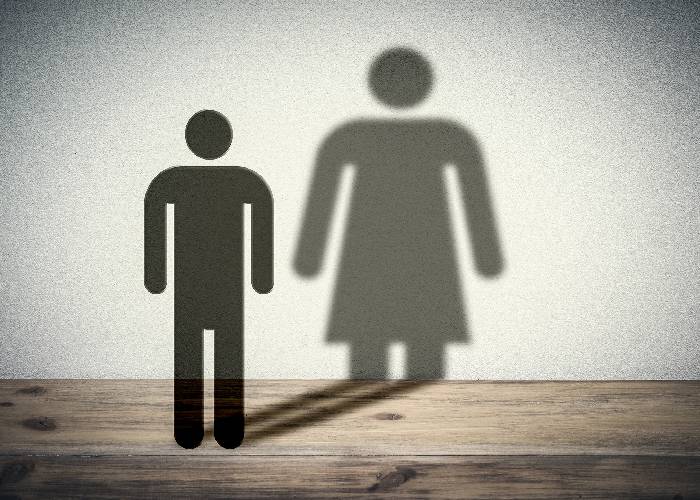Clinical news: Why Covid-19 hits men particularly hard
In Health & NHS
Follow this topic
Bookmark
Record learning outcomes

By Mark Greener
Men are at increased risk of contracting SARS-CoV-2, tend to experience more severe Covid-19 symptoms and are more likely to die from the infection than women. Now a new study suggests that men clear the virus more slowly than women possibly because SARS-CoV-2 lurks in their testicles.
The study, which has yet to be peer reviewed, enrolled 48 males and 20 females aged between 3 and 75 years (median 37 years) admitted to a hospital in Mumbai with symptoms of Covid-19. Based on nasal swabs, females cleared SARS-CoV-2 in a median of four days (range 1-10 days) compared with six days (range 1-15 days) in males. The researchers also examined three families in which men and women tested positive for SARS-CoV-2. In all three households, females cleared SARS-CoV-2 more rapidly than males.
Spike proteins on the outside of beta-coronaviruses anchor SARS-CoV-2 to angiotensin converting enzyme 2 (ACE2) in the lower respiratory tract. An analysis of databases of genes and proteins expressed by tissues showed that testes, lungs and kidneys have particularly high levels of ACE2. In contrast, ACE2 expression is very low in ovaries.
The high ACE2 expression in men suggests that €testicular viral reservoirs€ may contribute to viral persistence. The authors suggest that the hypothesis should be investigated in larger clinical studies.
€Covid-19 studies worldwide have consistently shown a higher incidence and greater severity of the disease in men compared with women,€ says study author Dr Aditi Shastri, a clinical oncologist at the Montefiore Einstein Center for Cancer Care, New York.
€Our collaborative study found that men have more difficulty clearing coronavirus following infection, which could explain their more serious problems with Covid-19 disease.€
The authors suggest that the €hypothesis may have important implications for understanding the transmission and persistence of SARS-CoV2 virus in humans, and in a gender-specific manner€.
